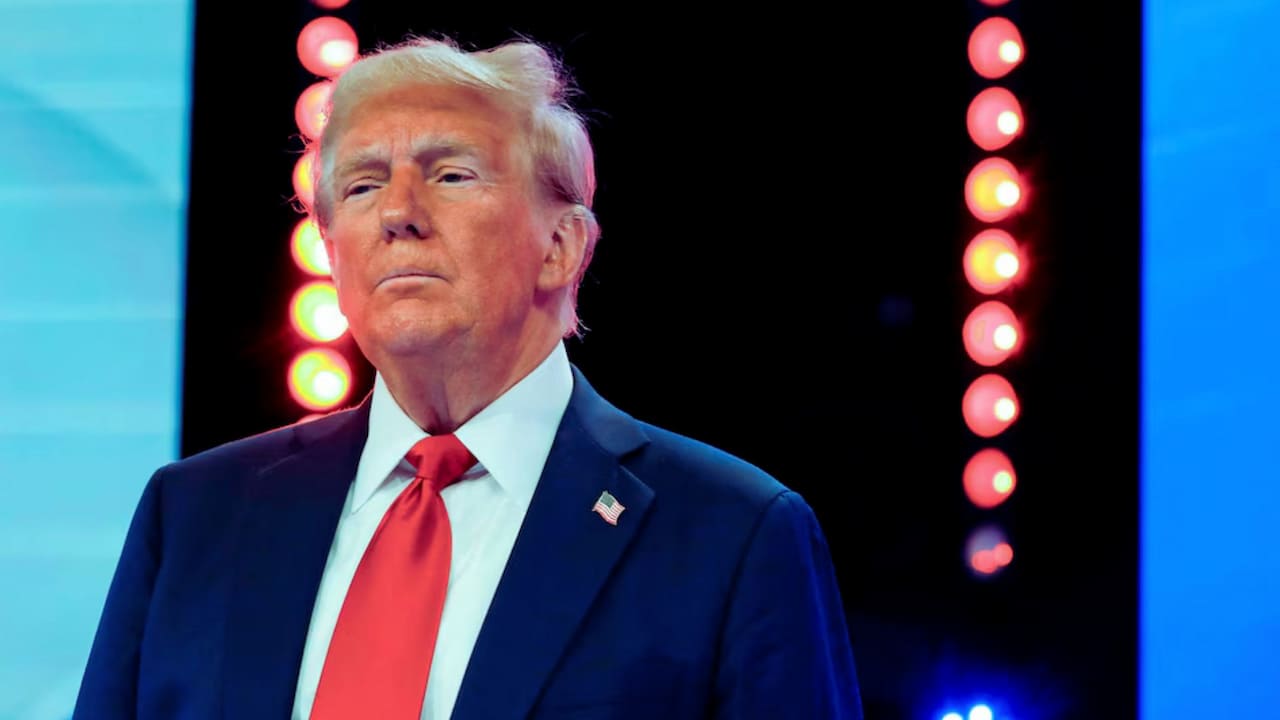Breaking: Trump’s Legal Battle Takes New Turn as President-Elect Claims Immunity in Hush Money Case
In a dramatic development that could reshape the legal landscape, President-elect Donald Trump’s defense team has launched a bold new strategy to dismiss his recent hush money conviction, arguing that his election victory demands an immediate end to the case.
The Latest Move
Trump’s attorneys, Todd Blanche and Emil Bove, submitted a letter to Judge Juan Merchan on Wednesday, making a striking claim: the voice of the American people in the 2024 election should override Manhattan District Attorney Alvin Bragg’s prosecution.
Both lawyers, who Trump recently tapped for top Department of Justice positions in his incoming administration, are pushing for permission to file a formal dismissal motion by December 20.
“The Nation’s People issued a mandate that supersedes the political motivations of DANY’s ‘People,'” Blanche wrote in his letter to the court. The defense team’s core argument hinges on a simple but controversial claim: just as sitting presidents can’t face criminal charges, this protection should extend to presidents-elect.
The Current Situation
Let’s break down where things stand:
- Trump was found guilty in May on 34 felony counts related to falsifying business records
- These charges stemmed from hush money payments made to adult film actress Stormy Daniels
- The conviction could lead to up to four years in prison, though first-time offenders typically receive lighter sentences
- Manhattan DA Alvin Bragg has agreed to pause proceedings but opposes the dismissal
- Bragg has requested a stay on the case until 2029
The Defense’s Strategy
Trump’s team is building their case on several key pillars:
- Constitutional protection
- The Presidential Transition Act of 1963
- There is a need for an “orderly transition of executive power.”
They argue that proceeding with the case would be “uniquely destabilizing” and could hamper governmental operations in domestic and foreign affairs.
What’s Different This Time?
What makes this legal maneuver particularly interesting is its timing. The defense team is leveraging Trump’s president-elect status to argue for dismissal, adding a new layer to the usual presidential immunity debate. They’re essentially claiming that the will of voters in the 2024 election should take precedence over state-level criminal proceedings.
The Prosecution’s Position
DA Alvin Bragg’s office has taken a nuanced stance:
- Opposes outright dismissal of the case
- Agrees to freeze remaining proceedings, including sentencing
- Has requested a stay until 2029
- Remains open to hearing the defense’s dismissal arguments
What This Means
The case has entered uncharted legal territory. We’re seeing a unique collision between:
- State criminal justice powers
- Federal presidential immunity
- The rights and protections of a president-elect
- The practical challenges of prosecuting an incoming president
Looking Ahead
Several key dates and developments are worth watching:
- December 20: Proposed deadline for the formal dismissal motion
- The resolution of Trump’s other federal cases, currently on pause
- The transition period leading up to the inauguration
The Bigger Picture
This legal battle raises fundamental questions about the balance of power between state and federal authorities, the scope of presidential immunity, and how our justice system handles cases involving incoming presidents. As this story unfolds, it could set important precedents for future cases involving elected officials.
The coming weeks will be crucial in determining whether Trump’s conviction stands or his election victory will prove his most robust legal defense yet.
